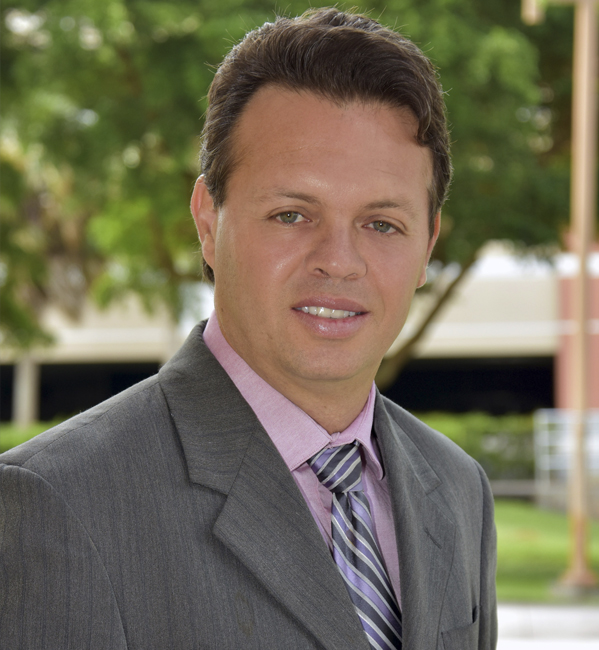Point of View: A Common-sense Alternative for Our Most Vulnerable Students.

by Andres Ramirez | Monday, Jun 29, 2020
Imagine your English-speaking child taking an important standardized test in a public school in Italian. Because the test is in Italian and not in English, she is given an extended time of up to 180 minutes to complete the test. Would this time accommodation help? Would the school gain any valid information on how much math or reading your child knows? No.
Now imagine a non-English speaking child sitting for up to 180 minutes to take a math or language arts test in a language she does not understand. Every test season, dozens of teachers in Palm Beach County and in the rest of Florida do not have to imagine this agonizing situation. Scores of them are indeed assigned to administer tests in English to children who are just beginning to learn it.
It is only logical. These children do terribly on these tests. How can they possibly know the answers if they can’t understand the questions?” The fact that the U.S. is an English-speaking nation, or that these children eventually need to learn English, is not sufficient reason to subject students to testing practices that yield no useful data, that waste tax dollars along with time of students and teachers and that are psychologically damaging to already vulnerable students.
Anyone mildly familiar with our K-12 public schools in Florida knows that many of the students in attendance are ELs or English Learners. An EL is a student who speaks a language other than English who does not yet understand, speak, read, and write the English language well enough to be on a par with English language origin students on the academic standards established by the state. More than 20,000 or a bit over 11% of these students are enrolled in Palm Beach County’s district schools.
But ELs not only account for roughly 10% of all students in Florida and in the nation.
According to the latest report from the National Assessment of Educational Progress (NAEP), ELs lag well behind non-ELs in terms of educational achievement as measured in tests. In Florida, these gaps are increasing as we speak. In 2009, 18.7% of EL students were proficient in grade 4th grade math, and 13.4% in 4th grade reading. In 2017, only 15.7% and 6.5% were proficient in the same subjects.
The alternative to tests in English for students who do not know English is common sense. Provide EL students with tests in their own language so they can demonstrate what they know. We will end up learning that there are plenty of students from Puerto Rico, Cuba, Venezuela and Haiti with adequate schooling that can demonstrate what they know. After all, 29 states, the District of Columbia, and Puerto Rico already offer standardized assessments in languages other than English. In fact, the federal government through the Every Student Succeeds Act (ESSA) requires states to “make every effort to develop” and provide native language assessments in the content areas for ELs as part of the state’s accountability system. But no. Not Florida.
Perhaps this challenge is indeed an opportunity for Palm Beach County to show how much it cares for linguistically diverse students and families placed in a vulnerable position by this invalid English-only assessment policy. We need resolute minds to lead a movement to plead to state legislators for some common sense to adjust state policies to provide native language alternatives for all state content assessments beginning with the two home languages most commonly spoken by Florida ELs (Spanish and Haitian Creole). We also need this reform for the Florida Kindergarten Readiness Screener, the postsecondary readiness exams, and for state or End-of-Course (EOC) assessments for which a passing score is required for graduation purposes.
The goal is not only for all students (including those in dual or heritage language programs) to be accurately assessed on their academic abilities in a way that yields accurate results, is fair to students, teachers, and schools; and thereby strengthens the quality of public education. The goal is also that their success positively affects the economy of the state and that of our communities for years to come.
https://www.palmbeachpost.com/article/20190911/OPINION/190919537